NatureConservation - Page 3
Unveiling the Fascinating Spiders of Kruger National Park
Kruger National Park is a haven for diverse wildlife, including a unique assortment of spiders that are crucial to the ecosystem. From the striking Golden Orb-Web Spider to the camouflaged Six-eyed Sand Spider, these arthropods play vital roles in controlling insects and enhancing biodiversity. Needles Lodge offers specialized safaris to discover these fascinating creatures, providing an enriching experience for all nature lovers.
The Mighty Hippo: More Than Just Mud and Mayhem
Kruger National Park is home to the essential yet underestimated hippopotamus. These massive herbivores are key to the ecosystem, skillful in water and protective on land. At Needles Lodge, guests can safely explore hippo habitats, observing their crucial role in biodiversity. Our tours emphasize responsible practices for a minimal impact on these giants, offering a deeper understanding of their ecological importance during a memorable safari experience.
The African Leopard-A Silent Whisper of the Wild
In the heart of Africa, the enigmatic African leopard (Panthera pardus pardus) reigns supreme, a solitary beacon of the wilderness's untamed beauty. At Needles Lodge, we offer an unparalleled safari adventure, inviting you to witness this majestic creature in its natural habitat. Embrace the opportunity to explore the leopard's realm, where solitude meets resilience, and every encounter reveals the depth of Africa's wild spirit. Join us at Needles Lodge for a journey into the wilderness, where the leopard's tale of survival and splendor unfolds with each step into the vast, vibrant landscape.
The Secret Giants of Kruger: Unveiling the Marvels of Insect Life
Kruger National Park's ecosystem is sustained by key insects: African Honey Bees vital for pollination, Dung Beetles enriching soil, Mopane Worms as food sources, Army Ants controlling insect populations, and Termites as crucial decomposers. These species are essential for the park's ecological balance and biodiversity.

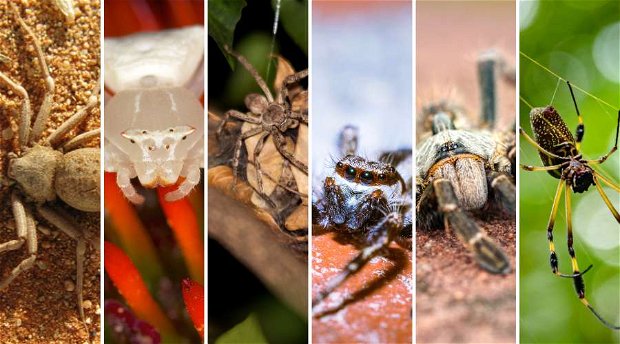
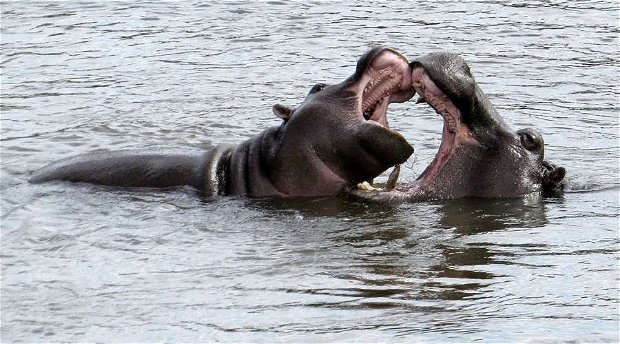
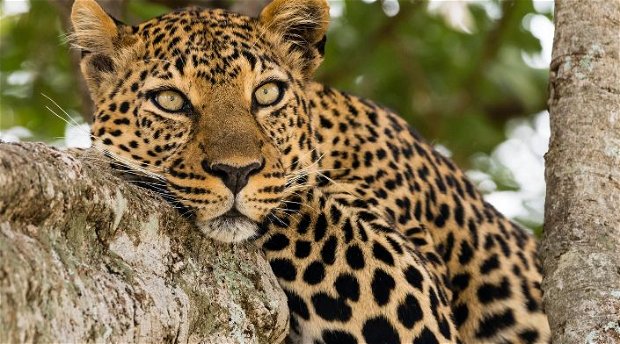
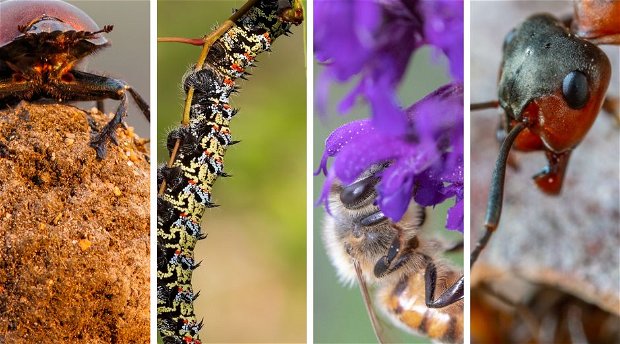
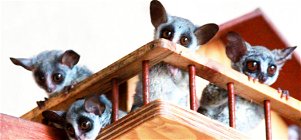
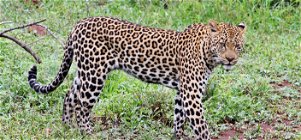
Share This Page